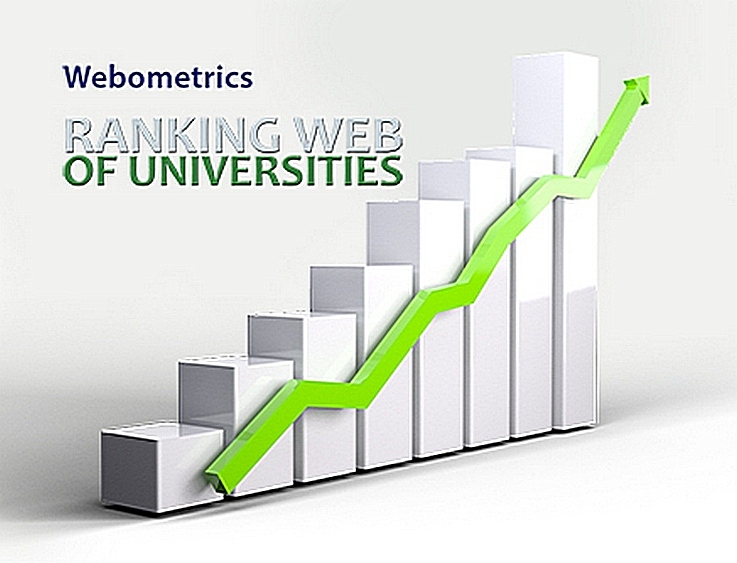
Report highlights 2 Egyptian projects among major clean energy ventures in N.Africa
A report by Energy Capital & Power highlighted two Egyptian projects – Suez Wind Power ...

Cairo University ranked the fourth among Arab universities, fifth among African ones and 521st internationally on the 2023 Webometrics Ranking of World Universities issued in July.
This is the second year in a row for Cairo University to come at the top of Egyptian universities listed on “Webometrics Ranking of World Universities” which groups 31, 000 Higher Education Institutions (HEIs) from more than 200 countries.
Alexandria university occupied the fifth position at the Arab level and the 525th internationally, followed by Mansoura University in the 14th position regionally and 883rd internationally, Ain Shams University in the 15th position regionally and 896th internationally.
Future University came in the 17th position regionally and 981st internationally, followed by the American University in Cairo 21st regionally and 1069th internationally, Zagazig University 23rd regionally and 1089th internationally, Benha University 24th regionally and 1158th internationally, and Assiut University 26th regionally and 1173rd internationally.
The rankings also included Al Azhar University which occupied the 28th position regionally and 1204th internationally, followed by Tanta University the 31st regionally and 1356th internationally, Menoufia University the 42nd regionally and 1575th internationally, Helwan University the 43rd regionally and 1582nd internationally, and Kafr El Sheikh University the 44th regionally and 1583 internationally.
A total of 79 Egyptian universities were included in the 2023 Webometrics Ranking of World Universities, marking a slight rise compared to the previous year which included 76 Egyptian universities.
The Ranking Web or Webometrics which is the largest academic ranking of Higher Education Institutions offering every six months an independent, objective, free, open scientific exercise for providing reliable, multidimensional, updated and useful information about the performance of universities from all over the world.
The Webometrics uses link analysis for quality evaluation as it is a far more powerful tool than citation analysis or global surveys. In the first case, bibliometrics only counts formal recognition between peers, while links not only includes bibliographic citations but also third parties involvement with university activities.
Surveys are not a suitable tool for World Rankings as there is not even a single individual with a deep (several semesters per institution), multi-institutional (several dozen), multidisciplinary (hard sciences, biomedicine, social sciences, technologies) experience in a representative sample (different continents) of universities worldwide.
Research output is also key topic for Webometrics, but including not only formal (e-journals, repositories) publications but also informal scholarly communication. Web publication is cheaper, maintaining the high standards of quality of peer review processes. It could also reach much larger potential audiences, offering access to scientific knowledge to researchers and institutions located in developing countries and also to third parties (economic, industrial, political or cultural stakeholders) in their local community.
The primary objective of the Webometrics is to promote Open Access to the knowledge generated by the University.
A report by Energy Capital & Power highlighted two Egyptian projects – Suez Wind Power ...
The opening concert of the Annual Meeting 2025 in Davos-Klosters will address the pressing issues ...
Juhayna Food Industries proudly announced that its agricultural arm, El Enmaa for Agricultural Development, has ...


اترك تعليقا